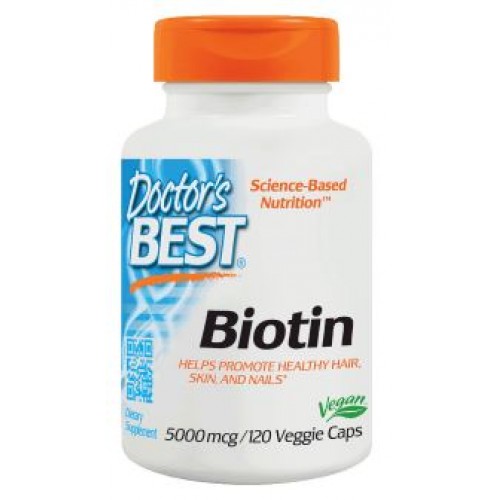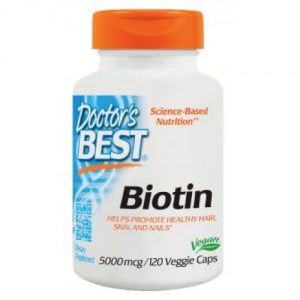The human body which is constituted of cells needs nourishment not just for decent functioning but also for its stronger and healthy structure. One of the nutrients significantly beneficial to the structure of the body’s cells is biotin. Though humans need this in tiny amounts, it is still important that this vitamin is within the reasonable level.
What is Biotin?
It is a component of the water soluble vitamin B system playing a part in the various biologic means of the body. It is implicated in the transferal of carbon dioxide from one compound to another hence essential in metabolizing macronutrients into simpler elements to be distributed for cellular use. Biotin is also capable of the immediate regeneration of fast-growing cells such as the hair, skin and nails and the proper restoration of blood cells and bone marrow cells. As a matter of fact, it is a commercially known vitamin for the health and beauty of the skin, hair, and nails. It is said to help avoid splitting of hair and thinning or splitting of nails and increases hair and nail thickness up to 25 %. It also enhances the elasticity of the cortex of the hair and thickens the hair cuticle thus preventing damage and promotes hair growth and not to mention, gives the skin a smooth and youthful glow.
Naturally produced in the lower GI tract. However, the amount provided and its bioavailability is unknown, the amount that it synthesizes is considered to be enough for the body’s daily need as long as there are no gastric or intestinal disease condition present. Take into account that the human body does not provide this propitious vitamin although the bacteria in the GI tract produce. That is why it is considered as an essential nutrient which are nutrients that must be supplied by food or supplements. The prescribed daily quantity of biotin is 30 mcg. This is way too low IMO.
Its production by the gut bacteria is altered during antibiotic use. Antibiotics are known to decrease the number of biotin-producing bacteria in the stomach and intestines. This case may require an increased demand for biotin supply from food or supplements. Also, individuals receiving long-term parenteral feeding or nutrition are also prone to deficiency. Therefore their food mixtures must have adequate biotin.
Natural Sources of Biotin
Biotin is widely available in commonly eaten foods. The richest sources are egg yolks, peanut butter, yeast and organ meats such as liver and kidneys. Vegetables, cereals, fruits and milk are also good sources. Actual biotin deficiency is very rare, as this vitamin is reasonably bio available in foods and is created by bacteria living in the digestive tract.
When experimentally induced, the symptoms include a scaly red skin rash, hair loss, thinning of the eyebrows and eyelashes, decreased appetite, glossitis and sometimes depression. This has been artificially produced by consumption of large amount of Avidin, a protein in raw egg white that binds to biotin thus preventing absorption. Heat denatures avidin, therefore, properly cooked egg whites pose no problem concerning biotin status of the body.
Biotin is accessible in tablet and capsule forms at your local or internet vitamin store. Look for quality supplements in dosages of 1000, 2000, and 5000 micro grams to ensure you obtain enough biotin to maintain healthy skin, hair, and nails.
References
IWAHARA et al. 1147-1152
Related Products



Leave a Reply